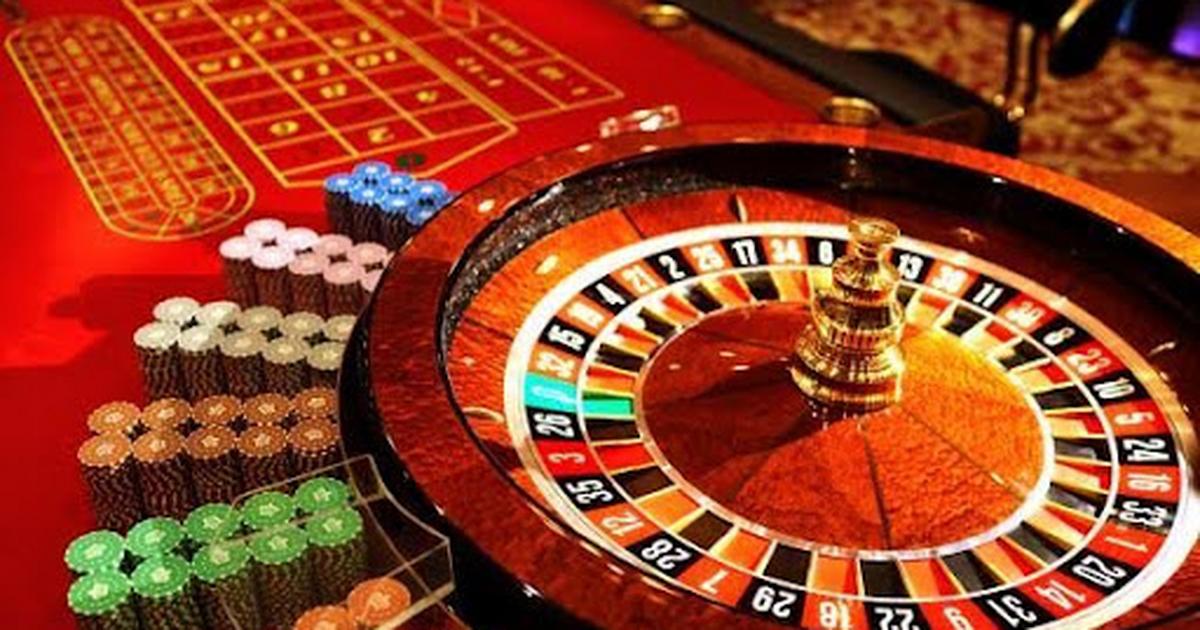
In Nigeria, gaming keeps being boosted by social media;
In the dynamic landscape of Nigerian online gambling, casinos are increasingly turning to modern marketing strategies to widen their customer base and enhance their visibility in a competitive market. A pivotal component of these strategies involves the use of advertisements and partnerships with high-profile celebrities to create a buzz around their platforms. This approach not only capitalises on the celebrities’ vast followings but also leverages their influence to foster trust and curiosity among potential players.
Emmanuel Edjekevu, a comedian and actor with a substantial social media presence, exemplifies the power of influencer marketing in this domain. With over 4.5 million followers, Edjekevu’s endorsements of popular gaming websites and his sharing of stories about significant winnings serve as a potent tool for engaging and attracting a broad audience. His active promotion goes beyond mere advertisements, creating a narrative that online gambling is not only entertaining but also potentially lucrative, thereby appealing to a wide demographic of Nigerians looking for both entertainment and financial gains.
ADVERTISEMENT
Similarly, Adebowale Adedayo, known popularly as Mr. Macaroni, brings his unique influence to the table, especially among the younger demographic that frequents platforms like TikTok. His endorsements of renowned online casinos and bookmakers resonate with a tech-savvy audience, further amplifying the reach and appeal of these gambling platforms. The fact that influencers can earn over $2300 in a single marketing campaign highlights the lucrative nature of these partnerships, indicating a mutually beneficial relationship between the casinos and their celebrity endorsers.
Numerous influencers are therefore nowadays seen on social media promoting online blackjack in virtual casinos or showing their strategies at online roulette on Cresus. These collaborations are not just about the direct promotion of gambling sites; they also involve creating content that is engaging, relatable, and shareable.
By integrating the promotion of online casinos into their usual entertaining content, influencers like Edjekevu and Adedayo manage to weave the narrative of online gambling into the daily lives of their followers. This strategy ensures that the message is not only seen but also interacted with, leading to higher conversion rates and a stronger brand presence for the casinos.
Moreover, the success of these influencer campaigns underscores a broader trend in the Nigerian gambling industry: the shift towards digital and social media marketing. As the industry continues to evolve, the role of influencers is becoming increasingly central, marking a departure from traditional advertising methods. This shift not only reflects the changing dynamics of consumer engagement but also highlights the adaptability of the Nigerian gambling sector in leveraging digital platforms to reach a wider audience.
In essence, the strategic use of advertisements and celebrity endorsements in the Nigerian online gambling sector exemplifies a sophisticated marketing approach that combines the allure of entertainment with the promise of financial rewards. Through the influence of celebrities like Emmanuel Edjekevu and Adebowale Adedayo, Nigerian casinos are not just promoting their services but are also embedding themselves into the cultural and social fabric of their target audience, setting a new standard for marketing within the industry.
ADVERTISEMENT
Gambling in Nigeria : a turning point in 2004
The legalisation of gambling in Nigeria in 2004 marked a significant turning point for the country’s entertainment and leisure industry. Under the oversight of the National Lottery Regulatory Commission, a framework was established to regulate and foster a safe gambling environment. This framework categorises gambling activities into legal and illegal, aiming to protect consumers while enabling a legitimate market for gambling to flourish. Legal activities, including online and offline lotteries, sports betting, and casinos, have been recognised and regulated, providing a structured and safe environment for enthusiasts and players.
Despite these regulations, the landscape of gambling in Nigeria has evolved dramatically, especially with the advent of digital platforms. The distinction between legal and illegal gambling activities has become more crucial as the internet has made access to gambling services more ubiquitous. The regulatory framework is designed to ensure that legal gambling operations contribute to the economy and adhere to fair play standards, while illegal activities are curbed to protect consumers from fraud and exploitation.
The recent surge in gambling among young Nigerians can be attributed significantly to the influence of social media and influencer marketing. Influencers, with their large followings and persuasive power, have become pivotal in shaping perceptions and behaviours towards gambling. Their endorsements of gambling platforms often present an enticing picture of quick wins and easy money, appealing particularly to the younger demographic. This trend has led to a noticeable increase in gambling participation, with a consequent rise in concerns about gambling addiction and the potential for financial harm among young people.
ADVERTISEMENT
This phenomenon highlights a critical challenge in the regulatory landscape—balancing the promotion and growth of the legal gambling industry with the need for effective oversight to prevent addiction and protect vulnerable populations. The rise in gambling addiction suggests a gap in the regulatory framework, particularly in the areas of consumer education, responsible gambling practices, and the monitoring of online gambling activities. The National Lottery Regulatory Commission, along with other stakeholders, faces the task of strengthening regulatory measures, enhancing public awareness campaigns about the risks of gambling, and implementing stricter controls over online gambling content.
Moreover, the situation calls for a collaborative approach involving government agencies, the gambling industry, and civil society to address the complexities of gambling in the digital age. This includes developing comprehensive strategies to promote responsible gambling, providing support services for those affected by gambling addiction, and leveraging technology to monitor and regulate online gambling activities more effectively. Addressing these challenges is essential for ensuring that the gambling industry can continue to grow in a manner that is both economically beneficial and socially responsible.
#FeatureByGuda